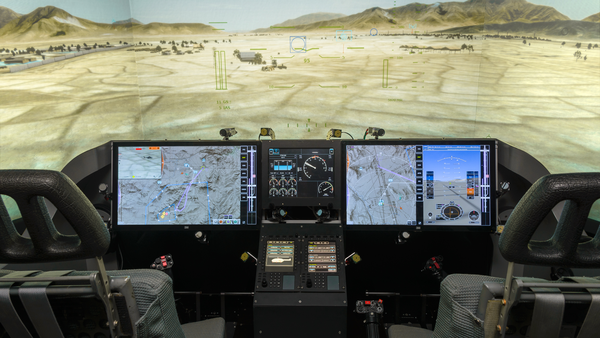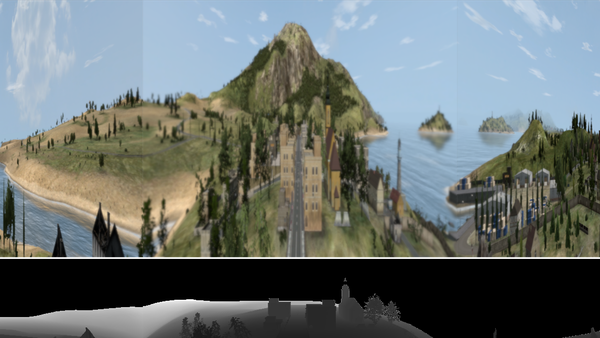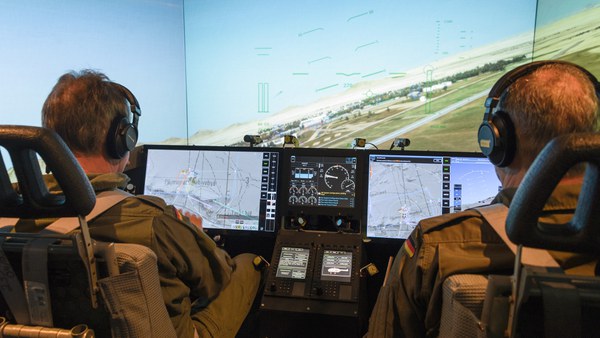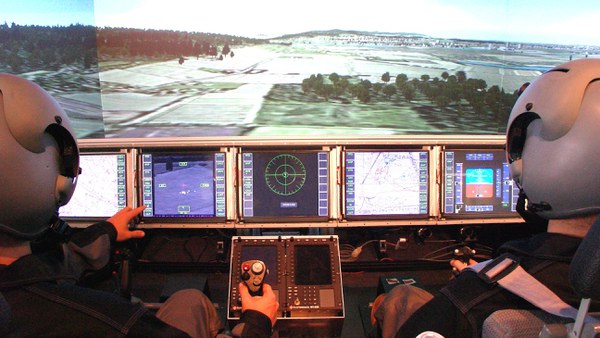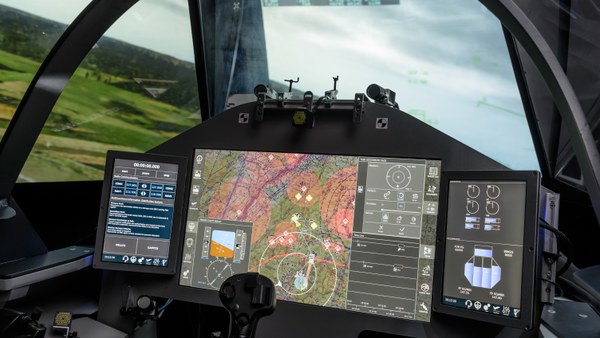Challenge
To increase mission performance and reduce human error, automation is used in aviation, as in many other domains. Conventional automation, however, has the disadvantage that highly demanding tasks such as perceiving and understanding the situation, making decisions and planning action sequences remain with humans. Therefore, conventional automation does not prevent overstraining situations that can arise from these mentally demanding tasks.
Our goal is to counteract the weaknesses of conventionally automated cockpits and control centers through the use of cognitive assistance systems.
Approach
Cognitive assistance systems are able to support the pilot comprehensively, i.e. on the level of mission-related tasks. In contrast to dedicated assistance functions, such as a lane change assistant in the car, they have an understanding of the overall mission goal and focus their support on achieving this goal in cooperation with humans. They act like a digital crew member who restrains itself when mission performance is good and intervenes only when necessary. By escalating intervention levels with urgency, cognitive assistance systems are supposed to keep the pilot actively in the "Supervisory Control Loop" and thus promote human situational awareness.
Due to their cognitive abilities, cognitive assistance systems are also able to support the highly demanding cognitive decision-making and planning processes. Thus, mistakes in mission-critical tasks can be reduced to a minimum.
Research
For more than two decades, the Professorship of Aircraft Dynamics and Flight Guidance has been developing concepts for cognitive assistance systems and testing them with pilots in the institute's own flight simulators and in real flight.
The main areas of investigation in the context of cognitive assistance systems are:
- How can successful cooperation between cognitive assistance and the human being be achieved?
- According to which rules should the "digital crew member" behave?
- What capabilities and information does the assistance system need to support the crew in operating complex flight systems in dynamic mission scenarios?
- Which methods of Artificial Intelligence are suitable to give cognitive abilities to assistance systems?
